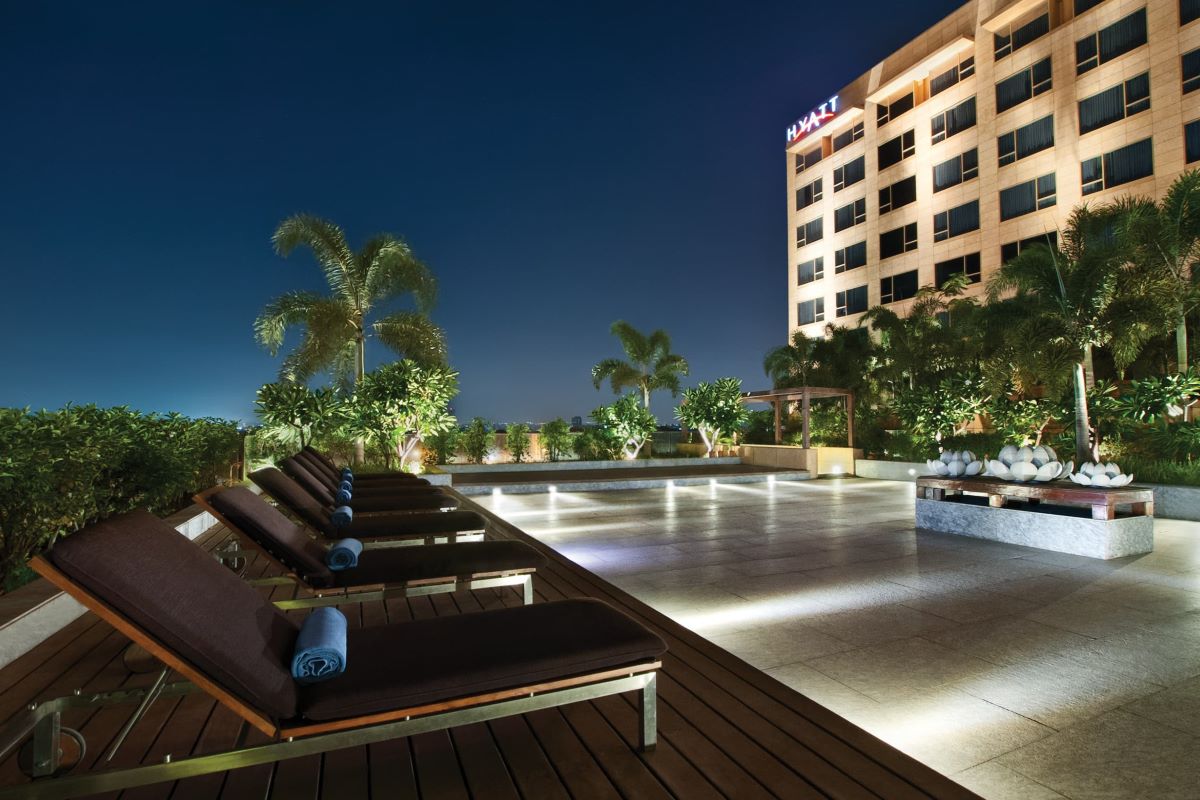Norwegian Cruise Line CEO Says He Will Keep Raising Prices

Skift Take
Cruises are starting to get more expensive for passengers, and cruise lines are eager to drive earnings by charging more.
Norwegian Cruise Line Holdings president and CEO Frank Del Rio believes that raising prices on customers, particularly when they are onboard of the company's three brands, is now a sustainable way to drive revenue.
"The emphasis will be to continue to push prices up," said Del Rio on the company's third quarter earnings call Tuesday. "Not just ticket prices, but we've seen very strong onboard revenue, particularly on the Norwegian brand... we think that has sustainability."
The company posted increased revenue compared to 2014, but doesn't break out the performance of its three individual brands. Weakness in Europe and a strong dollar will affect the company going into 2016, and a smattering of dry-docks will take many ships out of service through 2017.
Del Rio hopes that a renewed fleet following the dry-docks will allow the company to charge higher fares and increase the prices of onboard services.
"At the end of the day, the consumer is not stupid," said Del Rio. "You have to maintain ships at these higher levels if you want to receive higher yields. So far we're pleased with our ability to raise prices, our ability to generate incremental onboard revenue and we believe that if the fleet were to be in top condition, that will continue."
He also noted that Chinese cruiser will soon become a major source of profit for Regent Seven Seas Cruises and Oceania Cruises. The company will ramp up its spending in Asia to build a stronger infrastructure for its vessels' operation and the brands' overall sales efforts.
Norwegian just opened three sales offices in Hong Kong, Beijing and Hong Kong and will send a new-build vessel to Shanghai year-round in 2017. They don't expect to start earning a profit right away.
"You have to think about entering China almost like a startup, where you have upfront expenses and you have to wait at least a year, in our case at least 18 months, to start generating revenue," said Del Rio.
While the company is looking to primarily court upscale Chinese travelers, and present an alternative for international land-based vacations, its long-term presence in the world's fastest-growing cruise market is crucial.
"By all accounts, China will become the second largest cruise market in five years; in ten years, it could exceed the U.S.," said Del Rio. Chinese sailings are already outperforming Caribbean and European itineraries for the company, in terms of demand.
"The Chinese itineraries are outperforming the others," said Del Rio. "We believe it's the perfect time to enter the Chinese market."




